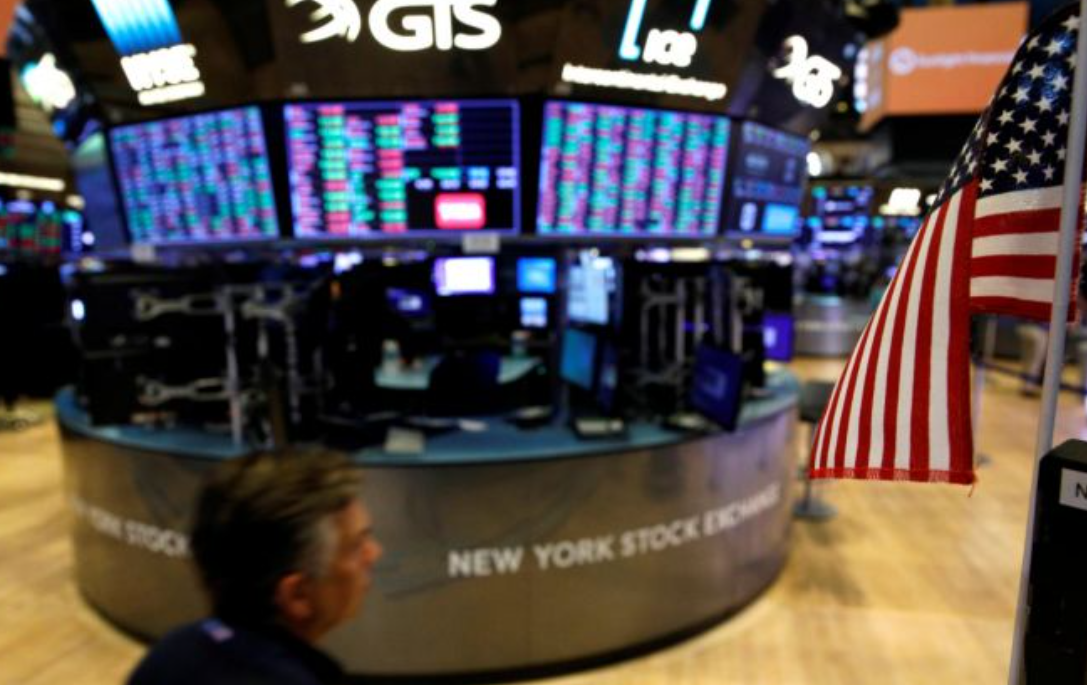Tue Feb 08, 2022
Tuesday / February 8
Biden-Scholz divide
US President Joe Biden and German Chancellor Olaf Scholz responded differently to a reporter's question at the White House on Monday about the future of the Nord Stream 2 gas pipeline.
The apparent Biden-Scholz divide over European energy resources and supply is one of the cases that Moscow will consider before making any decisions regarding Ukraine.
Biden said Nord Stream 2 would be scrapped if Russia launched a second military invasion of Ukraine. However, Scholz refused to say the same.
“If Russia invades -- that means tanks or troops crossing the border of Ukraine, again, then there will be no longer a Nord Stream 2,” Biden said at a joint press conference with Scholz. “We will bring an end to it.”
When the same question was put to Scholz, however, the German leader gave a very different answer.
“We have intensively prepared everything to be ready with the necessary sanctions if there is a military aggression against Ukraine,” he said, without mentioning Nord Stream. “It is part of the process that we do not spell out everything in public, because Russia should understand that there might be even more to come.”
Putin-Macron meeting
French President Emmanuel Macron had a five-hour meeting with his Russian counterpart, Vladimir Putin, at the Kremlin at the same time.
"We can create tangible security guarantees for EU members and Russia's neighbors," Macron called for the downgrade.
Putin praised France's role in shaping European security and said he appreciated Macron's efforts to help achieve "equal security in Europe" and find a solution to the Ukraine crisis.
Macron said Putin agreed to concretely review steps to de-escalate tensions.
Kremlin Spokesman Dmitry Peskov tried to soften expectations by saying "the situation is too complex to expect a definitive improvement after a single meeting" and reiterated that the West is ignoring Moscow's security demands.
Phase-1 agreement
U.S. officials have called for "concrete action" for China to fulfil its commitment to purchase $200 billion in additional U.S. goods and services in 2020 and 2021 as part of the "Phase-1 trade" trade deal signed under former President Donald Trump.
Officials told Reuters on Monday that Washington is losing patience with Beijing, which is "showing no real signs" of closing the gap in its two-year purchase commitments that expire at the end of 2021.
The effects of China's failure to meet its commitments to increase US farm and manufactured goods, energy and services purchases are expected to be seen in US trade data released on Tuesday.
China only met 60% of the target set in the agreement during November, according to trade data compiled by Chad Bown, a senior fellow at the Peterson Institute for International Economics.
US stocks
Two major stocks on Wall Street were down on the first day of the week.
The tech-heavy Nasdaq Composite fell 0.58% to 14,015.67. The S&P500 fell 0.37% to 4,483.87, while the Dow Jones Industrial Average rose just 1.39 points to 35,091.13.
Company earnings were a source of volatility. Tyson Foods gained more than 12% after beating earnings expectations, while medical device maker Zimmer Biomet fell 9% after its report.
Shares of Facebook's parent company, Meta, continued to decline, losing more than 5%. Facebook is down 30% since the company's quarterly report released last Wednesday.
